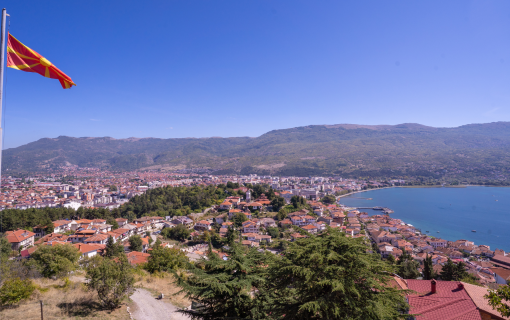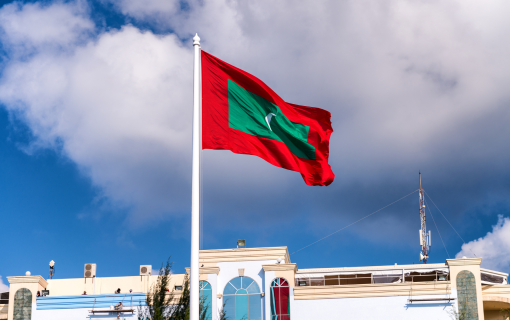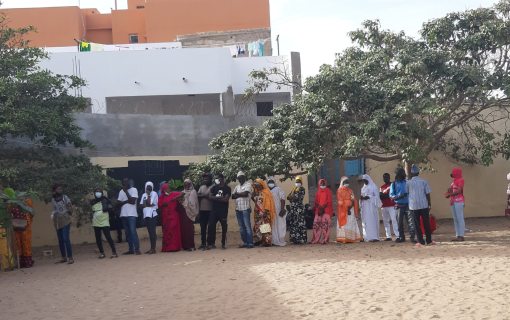Money and Politics in Indonesia - Vol. 4
Introduction
The People’s Representative Assembly of the Republic of Indonesia (DPR) recently approved new political laws to govern 2004 general elections in Indonesia. General elections will involve voting for legislative assemblies at three levels—national (DPR), provincial (DPRDProvince) and kabupaten/kota (DPRD-Regency/Municipality)—and voting for the new national “upper house,” the Regional Representative Council (DPD).
The revised election law and political party law contain provisions that regulate funding of political parties and candidates during the time period surrounding the election campaign and include requirements for financial reporting and public disclosure. This report discusses these “campaign finance” provisions and provides recommendations regarding implementation.
IFES’ prior Money Politics reports have noted how Indonesia’s system for regulating and disclosing political finance is elementary in form, poorly administered and enforced, and ignored by most electoral participants. As preparations accelerate for general elections in 2004—and as Indonesian citizens’ aspirations for fair and honest elections rise—efforts to improve the campaign finance framework under the new political laws should be given a high priority by policy-makers and election authorities.
This report examines opportunities for improving regulation and disclosure of political party and candidate funding in the election campaign, through development of comprehensive implementing regulations by Indonesia’s General Elections Commission (KPU) and through the monitoring efforts of news media and civil society.









